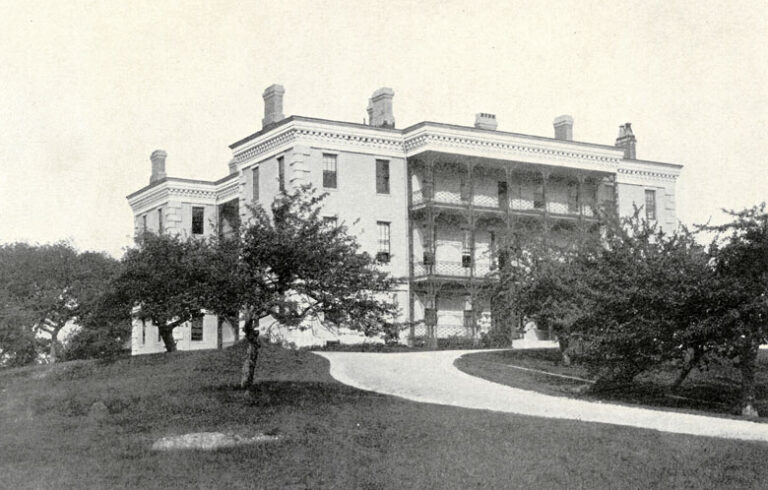Discussions about leadership are everywhere—in books, in the media, in our daily conversations. But what does leadership mean? How do you define an effective leader?
At the Island Institute, publisher of The Working Waterfront, we recognize that community projects cannot move forward without effective leaders at the helm. As a coast, we will not be able to confront the disruptive changes that are coming due to climate change without investing in the people who will work on the ground catalyzing change.
Being asked for their thoughts on leadership and how they lead is a foreign concept.
We all know a great leader when we see one, and they are active in our coastal and island communities, working on climate projects, serving on town boards, running local nonprofits. For the past 30 years, we’ve been working to support those leaders.
In the past year, we’ve taken it a step further and defined what makes a great leader. Through an extensive process that included interviews with dozens of leaders, evaluations of our past programs involving leadership, and a literature review, we have developed an Island Institute Leadership Framework that defines seven leadership competencies essential to effective community leadership here. By identifying the key skills needed to guide communities through disruptive change, we can better help leaders be more confident and effective through targeted support and training.
This framework is a work in progress, and we are sharing it over the next year with community leaders, partner organizations, and education institutions that focus on leadership studies. We want to hear from them: What did we get right and wrong? What are we missing? What stories of effective leadership do they have to share to make it stronger?
So far, the conversations we’ve had about this framework have been illuminating. We’ve found that many of the people identified by their peers as leaders do not see themselves as such. They describe situations where they are asked to chair a committee or run a project, not because they feel a sense of expertise, but because they feel obligated to their community.
The theme of humility prevails. They can all name effective leaders but have a hesitation to view themselves as one. Being asked for their thoughts on leadership and how they lead is a foreign concept.
Although the competencies have, in general, resonated with their experiences, they talk about having done these things “by instinct” and not because they’ve actually given leadership much thought.
David Quinney Mee of the Rathlin Development and Community Association on Rathlin Island in Northern Ireland called the conversation we had about leadership “a gift.”
“There are things to do, so we just get on with it. I haven’t had the privilege before right now to think about how we do what we do and how we can do it better,” he said.
Through our conversations, we have learned from those who are in leadership positions that the stories of other leaders, and how they navigated obstacles and built shared visions, are the most useful tool we can provide.
“Every time we hear about what other people are doing, and how they do it, I learn more,” said Angel Welke, a business owner and community leader on Beaver Island in Michigan.
Talking about leadership in terms of challenges faced and lessons learned is where our leaders excel. By pairing each competency with stories of leadership, our aim is that leaders will learn from each other.
Throughout the process of creating this framework, our design principle has been focused on making it “radically useful” for those who are working to lead through these times of rapid change.
In the months ahead, we are eager to learn how we can adapt this framework and share stories that allow those leading, whether or not they identify as leaders, the ‘gift’ of thinking about their leadership and learning from the experiences of others.
Karen Burns is chief leadership officer with the Island Institute, publisher of The Working Waterfront. She may be contacted at kburns@islandinstitute.org.





